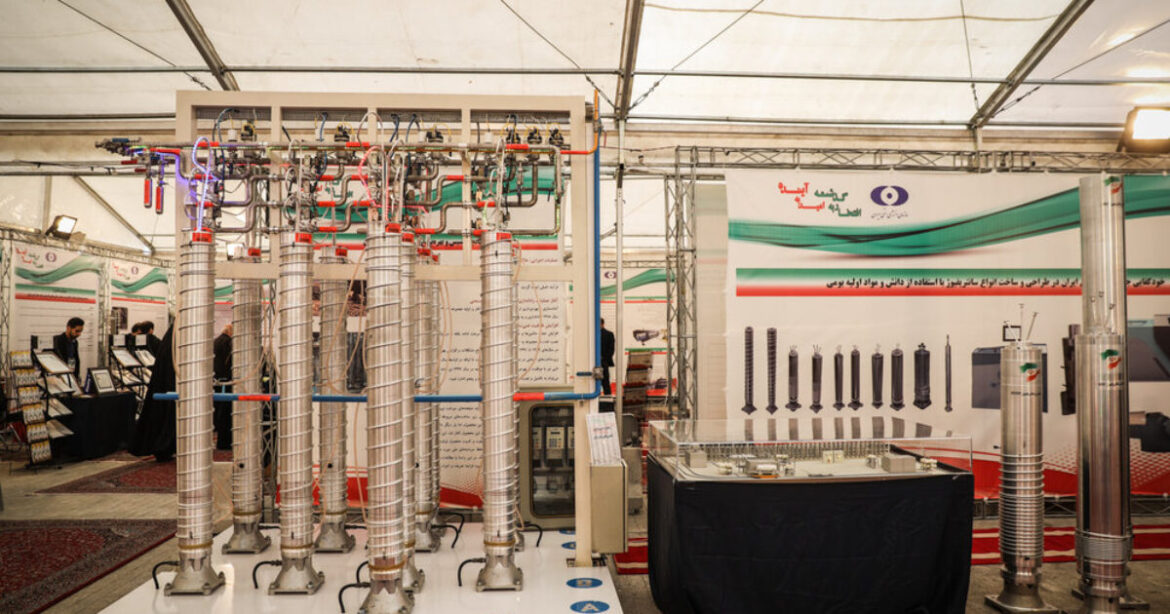While a growing number of Americans voice support for U.S. military action to halt Iran’s nuclear ambitions, Army Lt. Col. (Ret.) Darin Gaub is urging the nation to slow down and think clearly before reaching for the war machine.
According to a recent Rasmussen Reports survey, 57% of respondents favor military intervention to stop Iran from obtaining nuclear weapons. Yet Gaub, a decorated Afghanistan war veteran and former Blackhawk pilot, says this hawkish sentiment doesn’t align with the wisdom earned in combat.
“Military action should not be our most favorable option to solving any problem globally,” Gaub told The Gateway Pundit.
Why the Military Is Always the First Option
Gaub offered a sobering insight: America often defaults to military action because it’s the most well-funded, well-resourced tool in the U.S. arsenal.
“We almost always default to using the military rather than other elements of national power,” he said on X.
“Those calling for war often don’t understand what it is. Veterans do. Especially combat veterans.”
His message is simple yet profound: just because you can fight doesn’t mean you should.
The Case for Sanctions and Pressure, Not Boots on the Ground
Gaub is no apologist for Iran. In fact, he’s a strong advocate of President Donald Trump’s maximum pressure campaign, which inflicted crippling sanctions on the Iranian regime.
He argues that this pressure should now be expanded to Iran’s enablers—Russia and China—whom he describes as the primary financial and military lifelines keeping the Iranian regime afloat.
Quoting from his upcoming book, Veritas Vincit: A Soldier’s Perspective on Truth, Faith, Family, and Freedom, Gaub warns that Iran remains the Middle East’s most dangerous destabilizer, a reality he predicted long before the current headlines.
Support the People, Not the Dictators
Rather than launching airstrikes, Gaub believes the U.S. should empower the Iranian people to reclaim their future.
“These people need to take on the desire to pursue their own freedom again,” he said. “The best way for that to happen is for their people to take their country back—not for us to turn it into a war zone.”
This strategy emphasizes information warfare, economic leverage, and diplomatic partnerships, especially with regional players.
Let Israel Lead—with Support, Not Command
If force becomes unavoidable, Gaub says it shouldn’t be America leading the charge—it should be Israel, working with European allies.
“They have better intelligence and better proximity than we do,” he said.
“We can support their effort, but we don’t need to be the world’s police.”
Before the Bombs, Exhaust Every Option
Gaub’s voice represents a powerful, often-overlooked perspective: those who’ve fought understand the real cost of war. For them, diplomacy and pressure aren’t signs of weakness—they’re marks of maturity.
“Let’s use all the other elements of national power,” Gaub concluded.
“Then, if we must talk about war, it’ll be with full clarity and heavy hearts—not applause lines and bravado.”
The American people may want action—but wisdom demands strategy. And as Darin Gaub reminds us, sometimes the strongest move is restraint.

